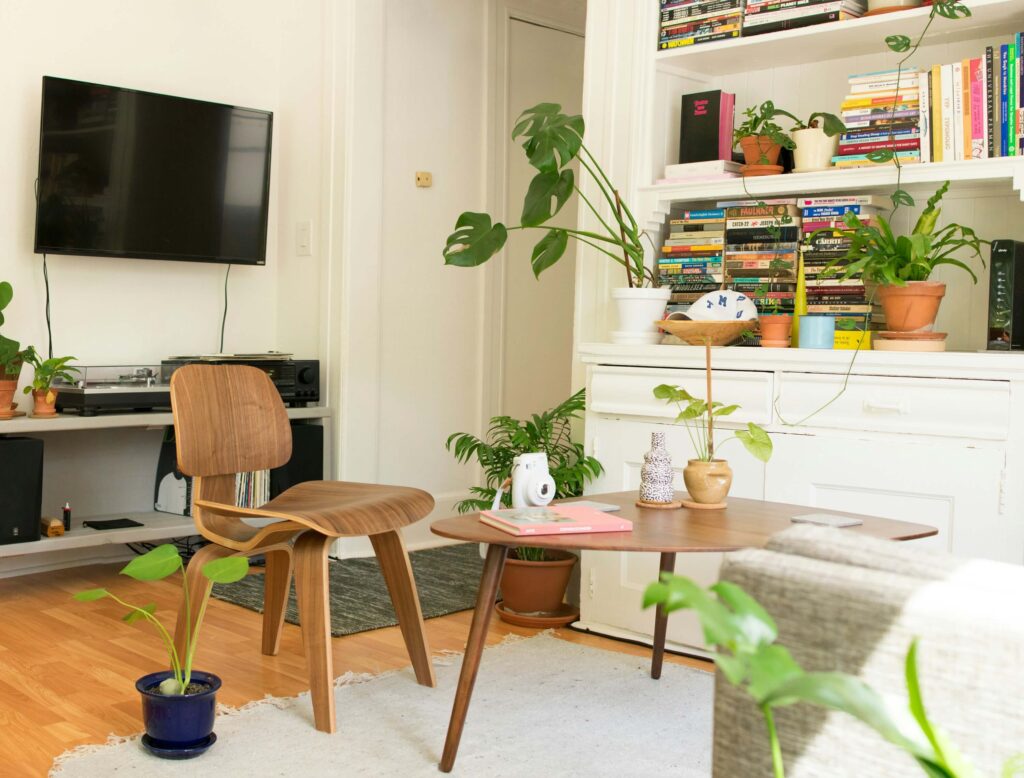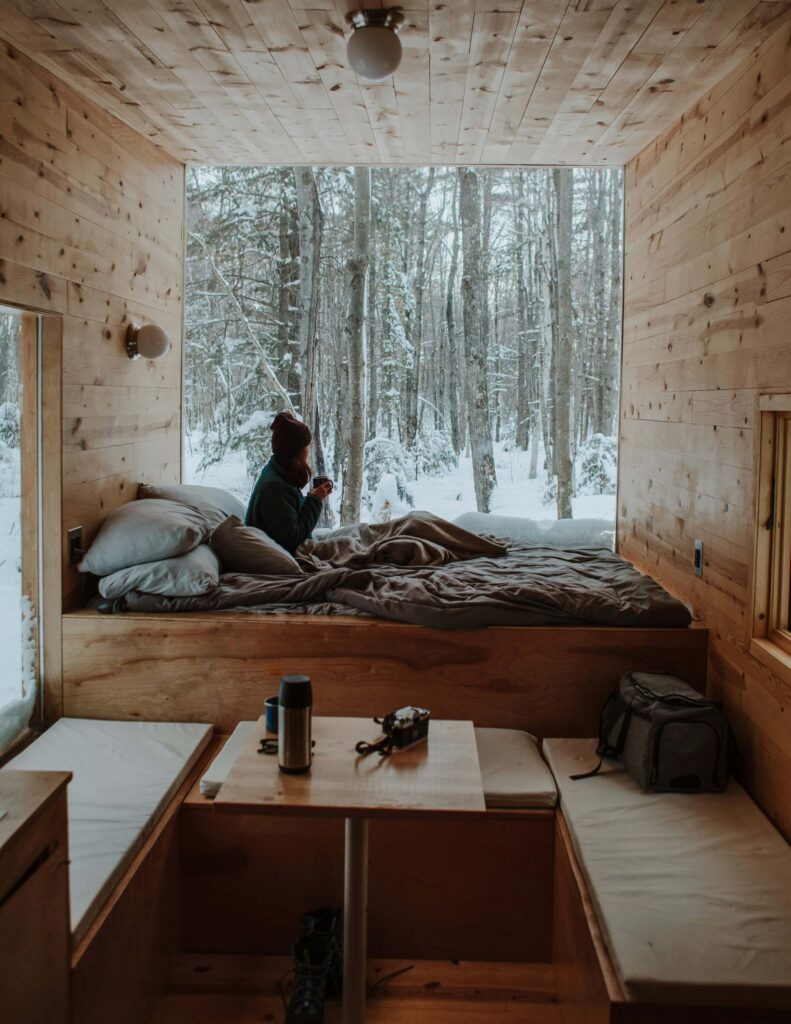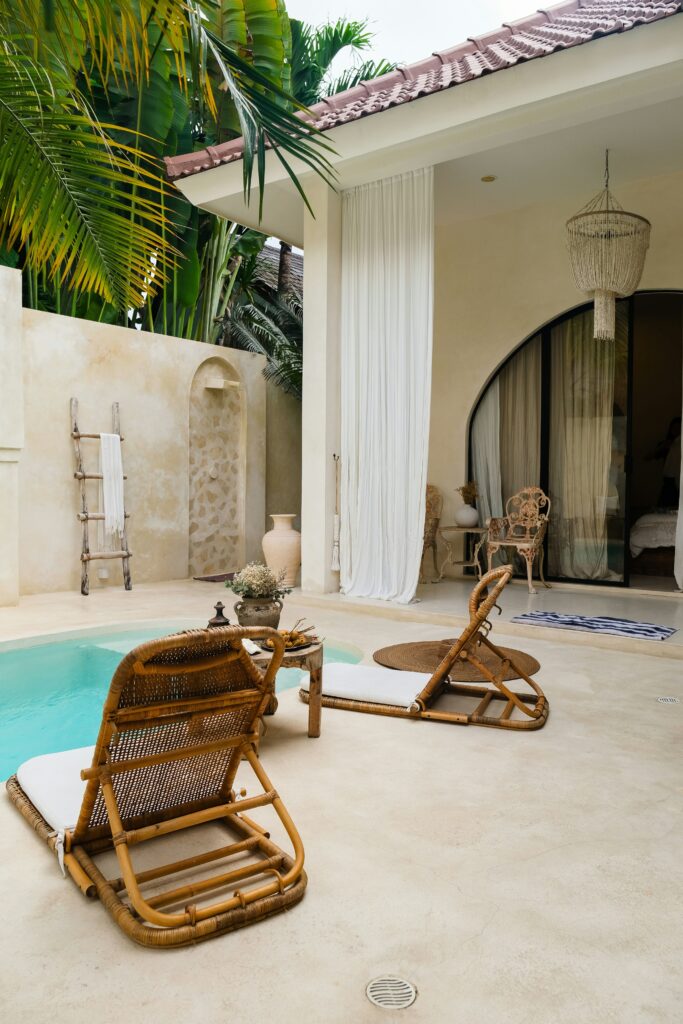Owning a holiday let sounds simple. Guests stay for a few nights, the calendar fills up, and money comes in. It can work well, and it can be fun to host people who are excited for a break. But a holiday let is not a regular home. Different people use it, there are gaps when no one is there, and small problems can grow fast. The smart move is to enjoy the good parts, and also plan for the risks that come with running a place for short stays.
Why a holiday let is not a normal home
A main home has habits. The same person locks up, checks the taps, turns the heating down, and spots a drip before it turns into a puddle. A holiday let has guests who do not know the house very well. They may not find the stop tap or the fuse box. They may not understand the heating controls. There can be days with no one around. A tiny leak on Monday can turn into a soaked ceiling by the weekend. That does not make anyone careless, it is just how short stays work.

Where money can disappear
Costs often come from ordinary things. A pipe freezes in winter and bursts. A window gets left unlatched and rain blows in. A guest slips on wet steps and gets hurt. A table is marked by a hot pan. A storm shakes a few tiles free and water creeps in. None of these are rare. Repairs take time, and you can also lose bookings while fixing the mess. Many owners in Britain treat protection as part of the set up, and arrange Holiday let insurance uk. It is a normal step that keeps surprise bills from hitting hard when things go wrong.
People and injuries
Holidays are for relaxing, so guests are not on high alert. Trips and small burns can happen in any busy kitchen or on any dark path. If someone gets hurt at the property, the owner can face costs and questions. Public liability cover exists for that reason. It helps when a guest, a cleaner, or a tradesperson is injured and makes a claim. Clear safety steps help as well. Put a simple note in the welcome folder with a few key points, such as where the first aid kit lives, how the cooker works, and who to call if a problem pops up at night. Keep the tone friendly, not bossy, and make it short enough that people will read it.
Empty weeks and what they do to a house
Houses do better with people in them. Empty rooms can hide small leaks, failed alarms, and doors that do not shut well. A quiet house can also catch the eye of someone who should not be there. Simple steps reduce risk. Fit a leak sensor near the boiler and under the kitchen sink. Use timers on a couple of lamps so the place looks lived in when it is dark. Keep key safes out of sight and change the code often. Ask your cleaner to snap a few photos after each changeover. Those pictures help spot a problem early, and they also act as proof if a claim is needed later.
Weather is getting louder
Storms feel stronger than they used to. Heavy rain, long dry spells, and sudden cold snaps can all cause trouble. A short checklist once a season keeps ahead of it. Clear gutters, check downpipes, trim branches that touch the roof, and look for loose tiles. If the place is near the coast or on an exposed hill, save a few photos of the outside and the nearby area. If bad weather hits and you need to explain the setting, those pictures help tell the story.


Protecting income, not just bricks and beds
Damage is not the only problem. Lost income can hurt more than the repair bill. If a boiler fails in August and two booked weeks have to be cancelled, the money gap can be wide. Some policies include loss of rent or loss of income after an insured event. That means the owner is not out of pocket while work is done. It is worth checking the limit and the period covered, so there are no surprises.
What strong cover usually includes
Holiday lets need cover that fits short stays. A standard home policy will not always work for paying guests. A good set up often includes buildings cover for the structure, contents cover for furniture and appliances, accidental damage cover for honest mistakes by guests, public liability for injuries, legal expenses for disputes, and cover for lost income after insured damage. If the property has a hot tub, a wood burner, a thatched roof, or a pool, the insurer needs to know. Clear details at the start make claims smoother later.
Habits that prevent small problems becoming big ones
Tiny routines save a lot of stress. Test smoke and carbon monoxide alarms and write the date in a small notebook in the kitchen drawer. Keep spare batteries and light bulbs in a labelled box. Before cold weather, set the heating to a safe frost setting between bookings. After each changeover, do a quick walk around. Taps off, hob off, windows locked, outside light working, bin area tidy. Leave a simple guide to the thermostat and the Wi-Fi. Explain bin days and parking rules, as this keeps neighbours happy and avoids fines or complaints.
Making a claim simple and fast
When something goes wrong, clear records help a lot. Keep a folder of photos that show each room when it is in good shape. Save receipts for big items and any appliances. If damage appears, write down what happened, when it was found, and what was done to stop more harm. Take fresh photos. Share facts, not guesses. Claims move faster when details are clear and proof is ready. It also helps to keep a small reserve of cash for urgent fixes and the policy excess, so guests are not kept waiting while paperwork moves along.
Picking the right level of cover
Cost matters, but being underinsured costs more. Think in real numbers. What would it take to rebuild the property if the worst happened. How much would it cost to replace every bed, sofa, and appliance at today’s prices. Could a single injury claim pass the public liability limit. The answers point to the right level. Accuracy is part of the plan as well. Be clear about who uses the property, how often it sits empty, whether pets are allowed, and any special features that add risk. Honest details prevent delays in tough moments.
Small touches guests notice
Good protection is not only about paperwork. Small choices reduce risk and make stays smoother. A doormat at every door keeps floors dry and less slippery. Non-slip mats in bathrooms prevent falls. Outdoor lights with sensors help late arrivals find their way without tripping. Hooks for damp towels keep bedding dry. Label the stop tap and the fuse box so guests can help if something goes wrong. These tiny touches take minutes to set up and save hours later.
Busy seasons need a plan
When the calendar is full, turnover days get tight. More guests mean more wear. Build a plan before summer and winter holidays. Keep spare mattress protectors and an extra set of towels. Agree with the cleaner on what to flag straight away. A loose stair spindle today is better than a fall tomorrow. A slow drain today is cheaper than a flooded shower room at the weekend. Write small fixes on a list and clear them weekly, so they do not stack up.
Quick recap to keep in mind
Holiday lets can earn steady money, and they can be a joy to run. They also bring extra risk, because people change often and the house rests empty between stays. Keep people safe first, protect the building and the contents, and guard the income that bookings bring in. Build simple habits, take photos, keep records, and choose cover that matches how the property is used. With those steps in place, guests have a calm stay, owners sleep well, and the business side stays strong.
Whether you’re looking to purchase a villa in Bali, an apartment in Spain or a cozy woodland cabin in Canada, preparing yourself to ensure your holiday let remains profitable is essential.